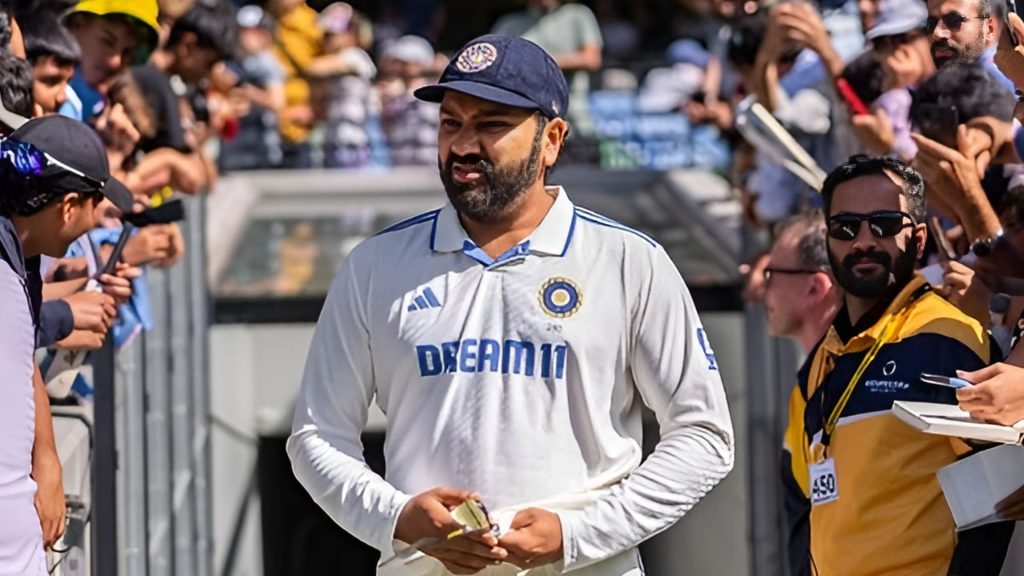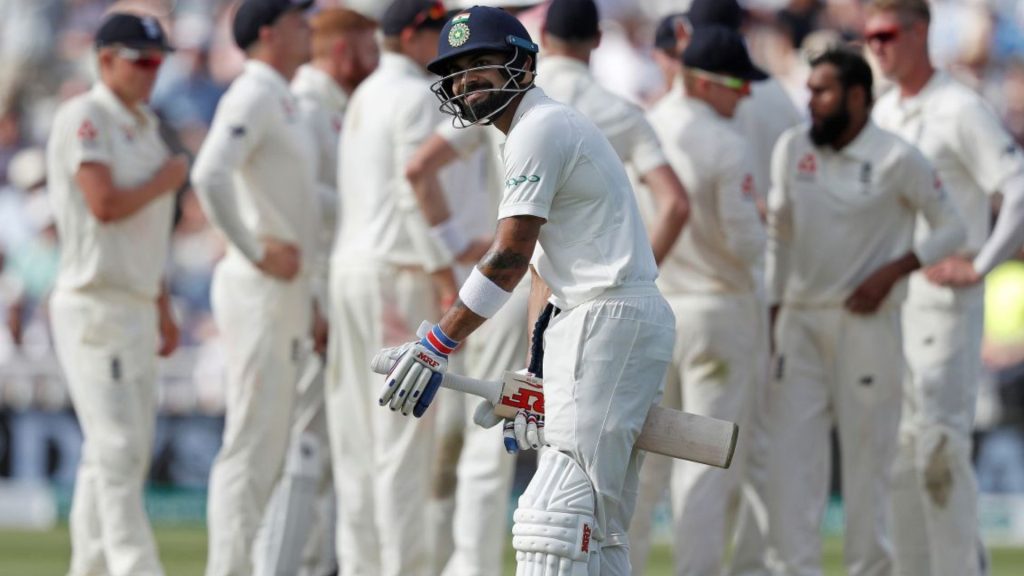In the digital age, where information spreads at the speed of light, the story of Natasa Stankovic and Hardik Pandya’s separation, followed by rumors of Pandya’s new relationship with Jasmin Walia, has become a case study in the perils of online speculation. The recent wave of apologies directed towards Natasa Stankovic by netizens underscores a broader societal issue: the rush to judgment in the absence of complete information.
When news broke of Hardik Pandya’s rumored relationship with Jasmin Walia, shortly after his separation from Natasa Stankovic was announced, the internet was quick to draw conclusions. Many netizens, influenced by the narrative that often paints women in celebrity divorces as gold-diggers or at fault, directed their ire towards Stankovic. This reaction was not just limited to comments but also manifested in the form of social media posts, memes, and discussions that painted a one-sided picture of the situation.
However, as more information surfaced, particularly around the timing and nature of Pandya’s new relationship, the narrative began to shift. Posts on X (formerly known as Twitter) and other social platforms started to reflect a change in sentiment. Netizens began to realize that their initial reactions might have been premature and perhaps unjust.
The apology wave to Natasa Stankovic can be attributed to several factors:
- Revelation of Timing: It was revealed through social media and various reports that Pandya’s relationship with Walia might have started before his separation from Stankovic was finalized or even announced. This timeline shift changed the perception of who might have been at fault or wronged in the relationship.
- Public Sympathy for Stankovic: As more details emerged, particularly about Stankovic’s silence and her focus on co-parenting with Pandya, public sympathy leaned towards her. Her restraint in not engaging in public spats or mudslinging, unlike what is often seen in celebrity breakups, painted her in a more sympathetic light.
- Reflection on Gender Stereotypes: The incident sparked a broader discussion on how society often defaults to blaming women in relationship breakdowns, especially when fame and money are involved. This realization led many to apologize for perpetuating these stereotypes without full knowledge of the circumstances.
- The Influence of Social Media: The power of social media in shaping public opinion was starkly highlighted. As more people shared their revised opinions, it created a domino effect, leading others to reconsider their stance.
This episode serves as a poignant reminder of the dangers of rush judgment in the digital era. The ease with which information, or misinformation, spreads can lead to public shaming and unwarranted criticism. The apology to Natasa Stankovic is not just about correcting a wrong but also about acknowledging the harm done by jumping to conclusions based on incomplete or biased information.
The public’s apology to Natasa Stankovic after the Hardik Pandya-Jasmin Walia dating rumors reflects a growing awareness of the need for empathy, patience, and a more nuanced understanding of personal relationships in the public eye. It’s a call for a more thoughtful approach to how we consume and react to celebrity news, advocating for a culture of understanding over judgment.





